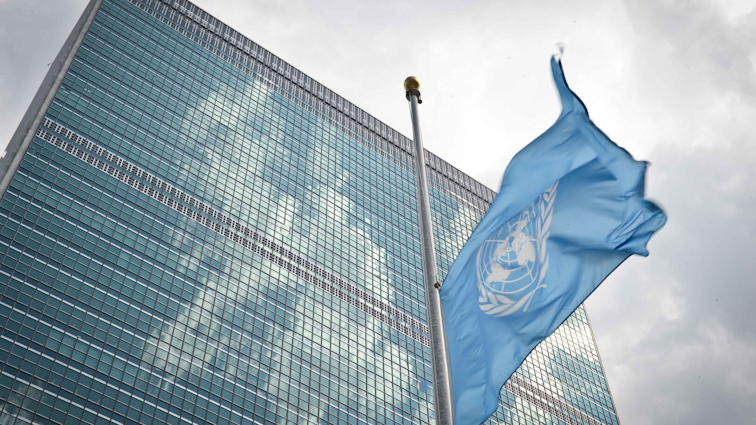The UN Security Council voted to extend the arms embargo on South Sudan despite appeals from the world’s newest country, the African Union, to lift or at least ease the restrictive measure.
The US-sponsored resolution received a minimum of nine “yes” votes in the 15-member council, with six countries abstaining from voting (Russia, China, Mozambique, Algeria, Sierra Leone and Guyana).
The resolution also extends the travel ban and asset freeze on South Sudan on the UN sanctions blacklist until May 31, 2025.
Deputy US Ambassador Robert Wood welcomed the adoption of the resolution, saying that extending the UN arms embargo “remains necessary to stop the unrestricted flow of weapons into a region teeming with guns.”
But the Russian Deputy Ambassador to the United Nations, Anna Evstineva, accused the United States of ignoring all the positive achievements in South Sudan and focusing on the sanctions it offers as a kind of panacea for all the country’s problems.
She described the sanctions as “onerous,” and referred to calls for their lifting from South Sudan and the African Union.
“It is clear that at this point, many of the Council’s sanctions regimes, including South Sudan’s, are outdated and need to be reviewed,” she said.
South Sudan’s ambassador to the United Nations, Cecilia Adeng, told the council that sanctions were “impeding our progress” and reiterated the country’s call to lift the measures.
She added that repealing the arms embargo “will enable us to build strong security institutions necessary to maintain peace and protect our citizens.”
There were high hopes when oil-rich South Sudan gained independence from Sudan in 2011 after a long conflict, but the country descended into civil war in December 2013 based largely on ethnic divisions.
The war, which left nearly 400,000 dead and more than 4 million displaced, ended with the 2018 peace agreement and the formation of a national unity government.
Under the agreement, elections were supposed to be held in February 2023, but were postponed until December 2024. In early April, South Sudan’s president warned lawmakers against “clinging to power” just weeks after proposing to postpone the elections again.
The United States informs its forces of the decision to leave Niger
